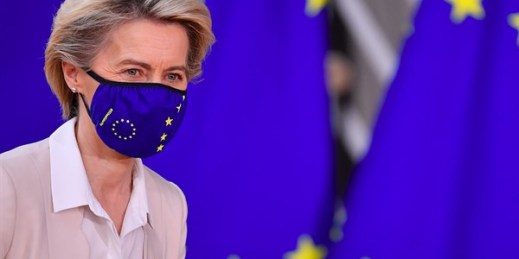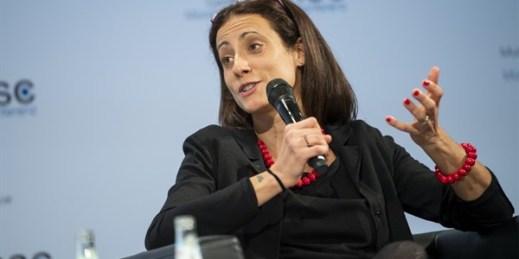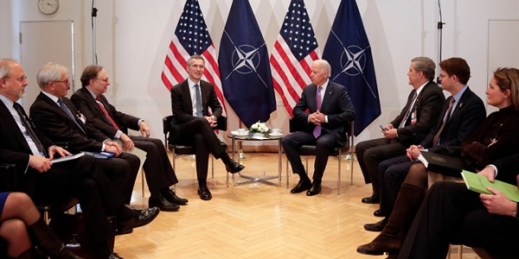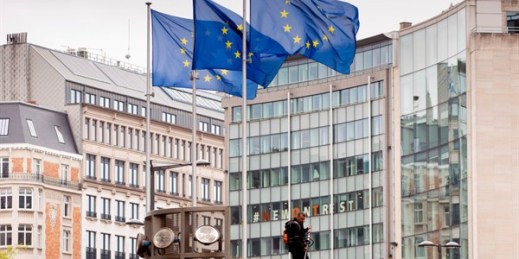
Despite prevailing early sentiment that the coronavirus pandemic and the anxieties associated with it could further fracture the European Union as a tumultuous Brexit process wound to a close, the bloc now finds itself more integrated and united than it has been in years. As COVID-19 spread across the continent last year, mainstream EU leaders overcame their differences and found compromises on politically sensitive issues, ranging from pandemic recovery to climate change to the rule of law—and even a last-minute post-Brexit trade agreement with the United Kingdom. The many populist and euroskeptic parties that enjoyed surging support in the aftermath […]



